
Speakers
-
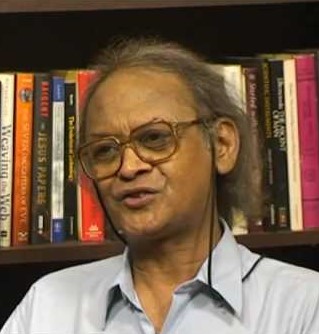 Dr. D. RaghunandanClimate Lead, ClimACT-Chennai
Dr. D. RaghunandanClimate Lead, ClimACT-ChennaiRaghunandan is an active founder-member of and volunteers with Delhi Science Forum (DSF), a reputed non-profit “think tank”. In DSF, his focus is on Environment and Climate Change, Renewable Energy, Aerospace, Defence and Strategic Studies, and the Public Understanding of Science.
-
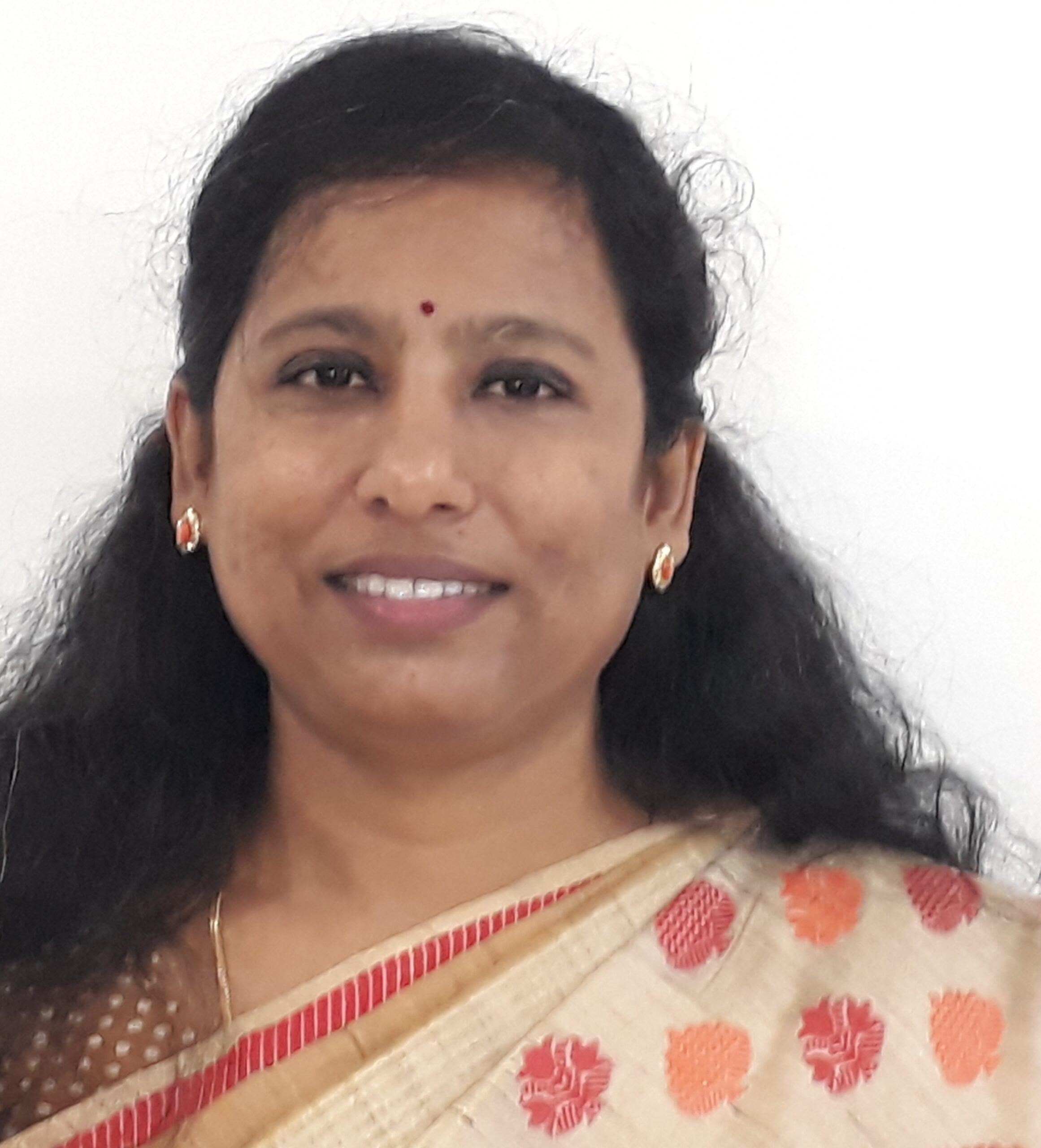 Dr. Lily Rose AmirthamAssociate Professor, SPA Vijayawada
Dr. Lily Rose AmirthamAssociate Professor, SPA VijayawadaDr. Lilly Rose, is a Doctorate from Faculty of Architecture and Planning, Anna University, Chennai. Her areas of research interests include urban climate and built environment, urban climate mapping, thermal comfort simulation and analysis, local climate zone mapping, climate sensitive urban design, sustainable urban design, vernacular architecture and conservation of heritage precincts.
She was awarded the William P. Lowry Student Travel Award at the 6th International Conference on Urban Climate (ICUC6), Goteborg, Sweden and the International Association for Urban climate (IAUC) Conference Award sponsored by the European Space Agency (ESA) at the 7th International Conference on Urban Climate (ICUC-7), Yokohama, Japan. She has delivered expert lectures on Energy Simulation of Buildings, “Climate Actions: Futuristic Approach for India and South Asia”. She is also an advisor at the Aga Khan Agency for Habitat (AKAH) India, for the Urban Habitat Risk Resilience (UHRR) project in Mira Bhayandar, Mumbai.
She has also contributed as the editorial review member for reputed journals such as Landscape and Urban Planning, Urban Climate, Environment, Development and Sustainability etc,. She is also an active member of the bibliographic committee of International Association of Urban Climate (IAUC) and the Global Outdoor Thermal Comfort Studies Working Group.
-
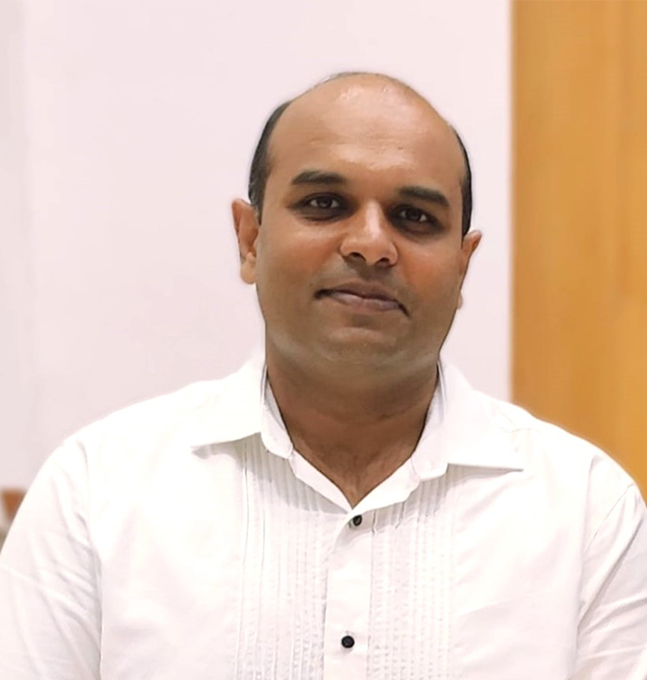 Dr. Pradheeps MuthulingamState Programme Manager, UMC
Dr. Pradheeps MuthulingamState Programme Manager, UMCDr. Pradheeps Muthulingam is the State Programme Manager for Urban Management Centre (UMC), TSU Chennai. He is also the former Climate and Environmental expert with the Chennai Metropolitan Development Authority. He has several years of experience of working in the field of environmental assessments, socio-economic assessments, Blue-Green Infrastructure, Urban Heat Island Effects, Climate Strategic Action Plan, Lakefront development, Coastal & Shore Nourishment and Ecologically Sensitive Area – Zoning.
-
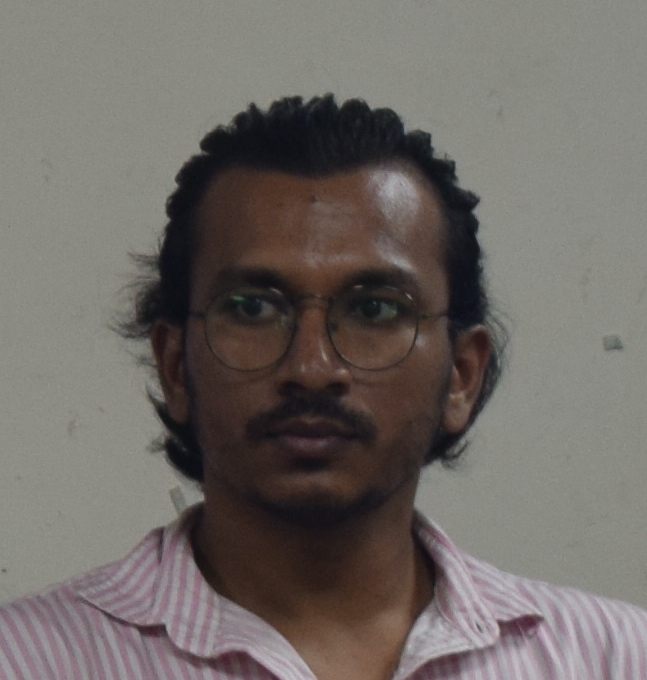 G. KarthikProject Associate, ClimACT-Chennai
G. KarthikProject Associate, ClimACT-ChennaiKarthik is a Project Associate with ClimACT-Chennai. An aspiring policy professional with a penchant for data and specializes in research, data analysis and communication, he has six years of experience as a development professional working on a range of policy issues with NGOs and government bodies across the country. He has a bachelor’s degree in Planning from the School of Planning and Architecture, New Delhi. In his free time, he is an avid motorcycle enthusiast, photographer, and an amateur writer.
-
 Jayanarayanan K.Associate Professor, CORAL, IIT Kharagpur
Jayanarayanan K.Associate Professor, CORAL, IIT KharagpurDr. Jayanarayanan Kuttippurath is a Climate Scientist and has been doing research in the field of Chemistry-Climate interactions for the past 24 years. He has his Ph.D. from the University of Bremen, Germany, and Habilitation Degree from the University of Pierre and Marie Curie Paris 6, France. Dr. Kuttippurath has working experience with several weather, climate, ocean, chemistry, and Earth System models. He has about 101 international peer-reviewed articles in high-impact journals. He has done commendable work on the ozone trends and variability in the Polar Regions, and his contributions towards understanding the chemistry and dynamics of polar ozone are well appreciated by the scientific community. He is also one of the editors of the prestigious journals Atmospheric Chemistry and Physics of the European Geosciences Union, and the Nature-Frontiers Journals of Frontiers in Environmental Science and Frontiers in Marine Science.
-
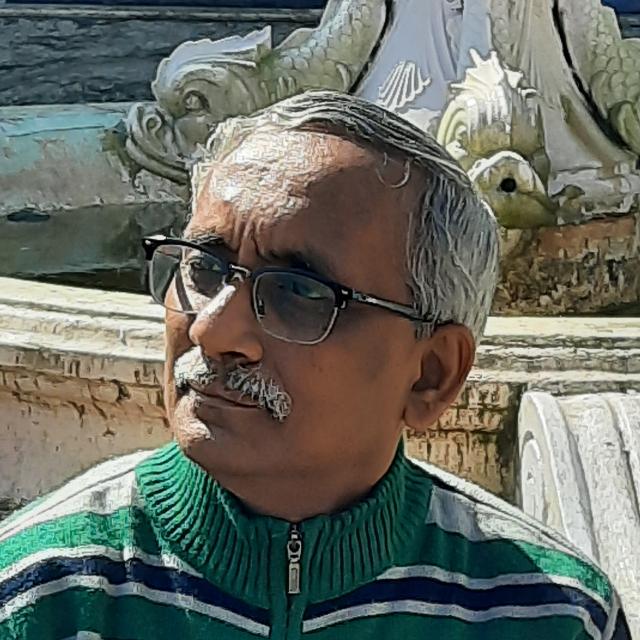 Prof. Souvanic RoyFounder Director, SEIHSM, IIEST, Shibpur
Prof. Souvanic RoyFounder Director, SEIHSM, IIEST, ShibpurSouvanic Roy is Professor in Architecture and Planning and Founder Director of School of Ecology, Infrastructure and Human Settlement Management in Indian Institute of Engineering Science and Technology (IIEST), Shibpur. His areas of interest include urban transformation & resilient cities, urban policy for inclusive growth and housing for the urban poor.
He is presently the Co-Investigator of “GCRF Living Deltas Research Hub” led by New Castle University, UK and supported by UKRI and Principal Investigator in a sponsored research project entitled “Housing, Livelihood and Vulnerability in Urban Slums” funded by US India Consortium Research in Global South. He has worked on a collaborative research project entitled “Smart-Wise Sustainable Cities in India: Study of Kolkata and Bhubaneswar” supported by EPSRC under Smart Cities in Global South Programme and jointly executed with Manchester Urban Institute, Manchester University, UK & Xavier University, Bhubaneswar.
He is a member of the Working Group for National Civil Society Consultation and contributed to the Delhi Declaration on “India’s Urban Future: Choice Not Chance- Civil Society Contribution to Habitat III”. He was advisor to the task force on West Bengal Urban Strategy. Prof. Roy has several publications to his credit and participated in dialogues and symposiums in international and national level.
Local Time
- Timezone: America/New_York
- Date: Feb 07 2024
- Time: 7:30 am
Urban Heat Island Effect
Discover a groundbreaking initiative with “Cities and Climate Change: Focus on Chennai,” a 10-part webinar series presented by INHAF under the visionary ClimACT-Chennai initiative. This series stands as a pioneering effort, igniting collaborative climate action and uniting diverse stakeholders toward a sustainable, climate-resilient future for Chennai, and potentially, for cities across India.
The webinar series aims to catalyze collaboration among experts, academics, policy-makers, advocates, practitioners, and CSOs/NGOs. It is a holistic exploration of climate challenges, delving into segments such as impacts and resilience (including extreme rainfall and flooding, urban heat island effect, sea-level rise, and coastal erosion), and mitigation strategies (encompassing buildings, transportation, waste, and power generation).
Urban Heat Island Effect:
One of the many hazardous climatic changes already noticeable is the increasing frequency and severity of heat waves. Leave alone West Asia and the Indian sub-continent which are familiar with such events, even otherwise cooler regions in Europe, the US and Canada have experienced soaring and prolonged heat waves with temperatures even crossing 50°C! The Intergovernmental Panel on Climate Change, the leading scientific body on the subject, predicts that in the near future heat waves will get more severe, last longer, and occur more frequently.
Due to poor planning, haphazard and thoughtless patterns of urban development, Cities and towns already experience temperatures about 2-5°C or more higher than the surrounding rural hinterland. Over-concretized built areas, shrinking green areas, water bodies, the rapidly growing number of air-conditioners, combined, together with high density of built space, drastic reduction of wind flows and air circulation, and dust and other air pollutants, build up what is known as the Urban Heat Island (UHI) effect. While everyone in urban areas is affected, the urban poor living in poorly ventilated houses in over-crowded, densely populated informal settlements will be affected the most. In India, with summer temperatures in many regions at 45°C or more, the added temperature caused by UHI will be deadly, pushing up morbidity and mortality during heat waves. In coastal Cities such as Chennai humidity is an additional and grave threat.
This problem cries out for attention NOW! While measures to control the global problem of climate change continue, many impactful measures can be taken, and should be implemented immediately. This will save lives, reduce expensive hospitalizations and other medical costs, save or reduce loss of income, and otherwise substantially improve people’s well-being and livability of urban areas.
The Webinar will have subject experts and practitioners discussing the problem, and potential solutions, from a pan-India perspective, from other Cities and from Chennai.
